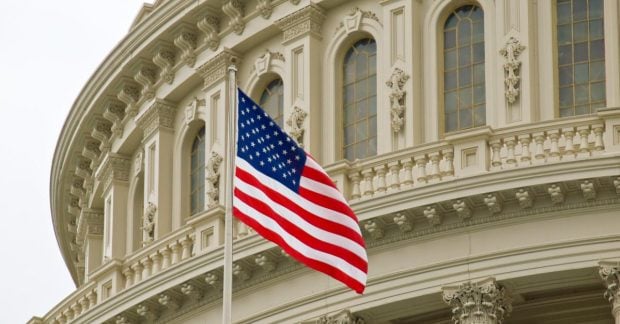Two years have passed since we left the European Union, yet staunch Remainers still view bad news stories through the prism of confirmation bias. Like the Japanese intelligence officer who for 29 years after the end of WWII continued to fight in the jungles of the Philippines, they cannot come to terms with defeat. Instead, they blame global events on Brexit, or use them as justification for reversing it.
Take the Ukraine crisis, which led one #RejoinEU zealot to tweet: “Russia was complicit in the Vote Leave campaign. I wonder how Brexiteers feel today having supported it?” Or Partygate, to which Lord Adonis said: “If Boris goes, Brexit goes”. Or the pandemic, which led one economist to pen a blog titled: “Postpone Brexit, now”.
This isn’t to deny that Brexit is causing issues. Nor, for that matter, that Remainers are alone in feeling vindicated by the various crises we’ve endured in the past few years: plenty of opportunists have used them to peddle their pet causes. And the end of free movement from the EU after leaving the Single Market has definitely contributed to the labour shortages in some sectors – and could have been handled better with a more flexible post-Brexit visa system.
The latest data from the Office for National Statistics found there are now more than 170,000 job vacancies in “wholesale and retail trade, and repair of motor vehicles”, and close to 180,000 in “accommodation and food service activities”. From a previous peak of around 764,000 total vacancies in the third quarter of 2018, they have hit over 1.1 million between November 2021 and January this year.
But it is hard to be certain how much these effects are attributable to Brexit, not least given a pandemic ravaged the globe in the intervening period. Consider the well-documented shortage of HGV drivers, which was particularly acute in the second half of last year.
At one point, 4,000 new licences were sitting on DVLA desks due to backlogs. Going into the pandemic, the average HGV driver was 55 years old. IR35 tax changes, which affected whether drivers would be classified as contractors or employees, helped fuel the crisis and further complicate the picture. European drivers have warned that, without the tax break, they see little reason to stay in the country.
And it was reported this week that the post-Brexit shortfall of EU workers has been cancelled out by staff from the rest of the world. While the number of payroll jobs held by EU nationals fell by six per cent (171,000), the number filled by non-EU nationals rose by nine per cent (186,300) in the two years to 2021, according to the ONS.
These are not like-for-like replacements: we’ve seen a drop in EU workers in food and accommodation, but a rise in non-EU workers in areas like health and care homes. But with 206,000 vacancies currently in “human health & social work activities,” the major liberalisation of immigration for medium-skilled, non-EU employees has had a significant impact.
Brexit was always an opportunity, never a guarantee – and our new visa system is a mixed bag. On the one hand, it is more efficient for those outside the EU, targets have been scrapped, and the High Potential Individual visa has, well, high potential.
Shutting off low-skilled migration will lead to inevitable shortages – and it won’t always be high-profile industries that suffer. So while our labour market has proven remarkably resilient during the post-Brexit period, a word of caution to our elected officials.
The pattern of labour demand can never be frozen by government fiat. Jobs disappear all the time: over the course of 2017 2.23 million jobs were lost as businesses closed and others reduced headcount. But 2.65 million new jobs were created in that same period. As with anything, central planners should be wary of second-guessing what businesses need. The shortage occupation list sounds like a good idea, and can be useful, but let’s not forget that last summer it included artists but not chefs.
Leaving the European Union was never going to turn Britain into a land of milk and honey overnight. We have failed to capitalise on the opportunities in many areas. But when it comes to immigration and employment, Remainers may find there’s scant room for vindication.





